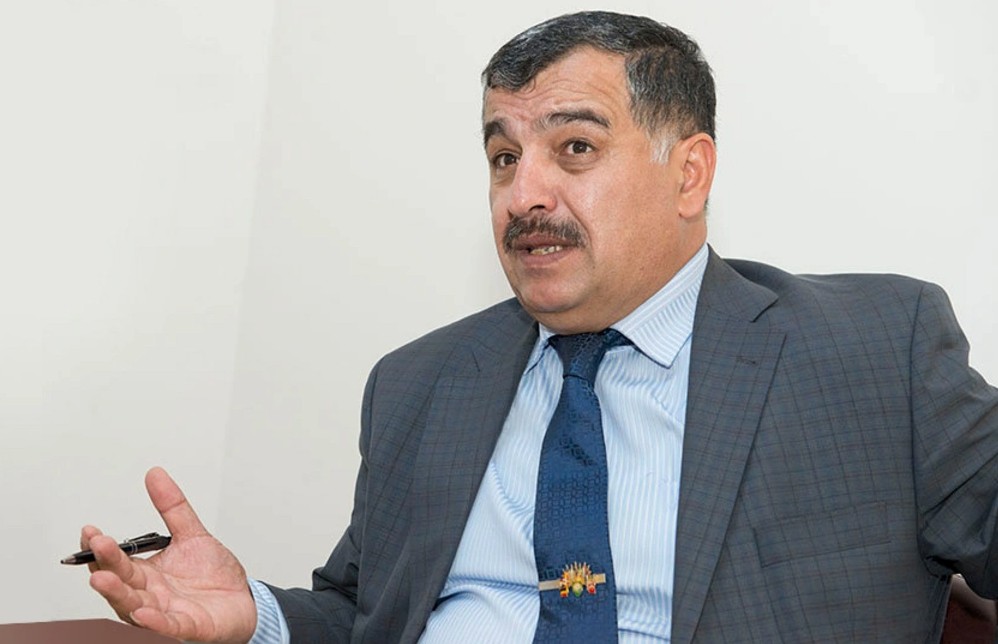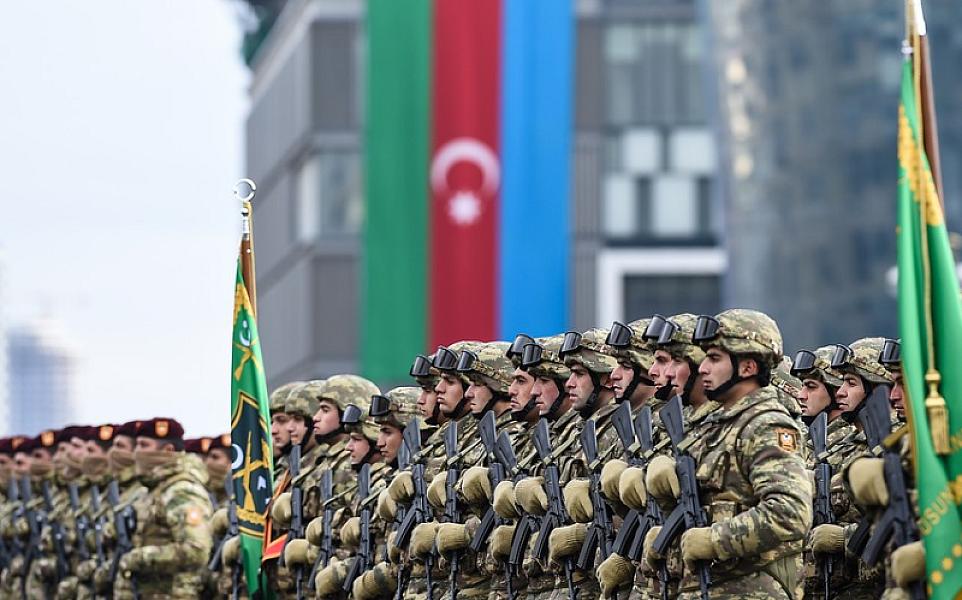A new branch of the armed forces - the Cyberattack Forces - is being established under the command of the Ukrainian army. The draft law regarding this has already been adopted in the first reading in the Ukrainian parliament. Ukraine's Defense Minister Denis Shmygal, while providing information about the draft, said that the establishment of the new troop branch will also involve cooperation with the United Kingdom and Turkey. Ukraine's Cyberattack Forces will be responsible for the state's defense in cyberspace.
Cyberattacks are considered crimes. However, it is no secret that countries engaged in conflict periodically carry out cyberattacks against each other. It is also no secret that the majority of such attacks are organized at the state level.
Could the legitimization of cyberattacks in Ukraine take on a global character? In other words, could the process by which one state responds to another state with a cyberattack openly and clearly become an established practice worldwide? Is there a need to establish Cyberattack Forces in Azerbaijan as well?

Military expert Uzeyir Jafarov, answering questions from Medianews.az, stated that the Ukrainian army is preparing several new types of troop formations within the armed forces by the end of 2025: "One of them is the Space Troops, the other is the Cyberattack Forces. Of course, there should be a legislative framework related to this. Ukraine is adopting this legislative framework in parliament. Former Prime Minister, currently Defense Minister Denis Shmygal, also emphasizes the importance of these projects. The Cyberattack Forces are being created not only using Ukraine's own strength but also drawing from the experience of the United Kingdom, Turkey, and, although not openly stated, specialists from the USA."
Cyberattack is a very powerful weapon. It is a weapon capable of weakening the enemy's defense and combat capabilities. Yes, cyberattacks are considered international crimes. But today, some of the approximately 200 UN member countries use cyberattacks as a form of pressure on the opposing side. Therefore, many states that previously spent billions on intelligence are now trying to allocate funds also to cyberattacks to be able to carry out attacks via the internet or through the social segments of various countries when necessary. The main goal, undoubtedly, is to obtain important information from armed forces and special service agencies or to disrupt their activities. Ukraine will organize all its work to legalize its cyberattacks, that is, to give them a legitimate tone."

Recalling that the bloody war between Russia and Ukraine has been continuing for nearly four years, the military expert emphasized: "The parties use all elements in the war, including cyberattacks. In Azerbaijan, there is a State Service for Special Communication and Information Security which is responsible for protecting cyberspace. The head of this service, Lieutenant General Ilgar Musayev, stated during an international conference held in Baku that currently cyberattacks are a matter of national security for states, and therefore attention to this area is increasing in Azerbaijan too. That is, cyber defense efforts are carried out at the state level here. In fact, this means a kind of cyber force as well."
Regarding the direct establishment of Cyberattack Forces, it is possible that in the future, after this issue becomes globalized, a similar step may be taken in Azerbaijan. But I believe that the State Service for Special Communication and Information Security is fulfilling its duty. Cyberattacks aimed at our country are being prevented, including increasing attention to the protection of critical sectors for the power structures. In short, important work is being done in this area in Azerbaijan."
Reminding that the issue of legalizing cyberattacks in Ukraine was raised not only by Denis Shmygal but also by former Defense Minister Rustem Umerov, Uzeyir Jafarov said he is confident that the Cyberattack Forces, which will be formed in this country by the end of the year, will be as effective as missiles and drones: "I believe this is a decision made in line with the requirements of the 21st century."
Nailə Qasımova,
Medianews.az

